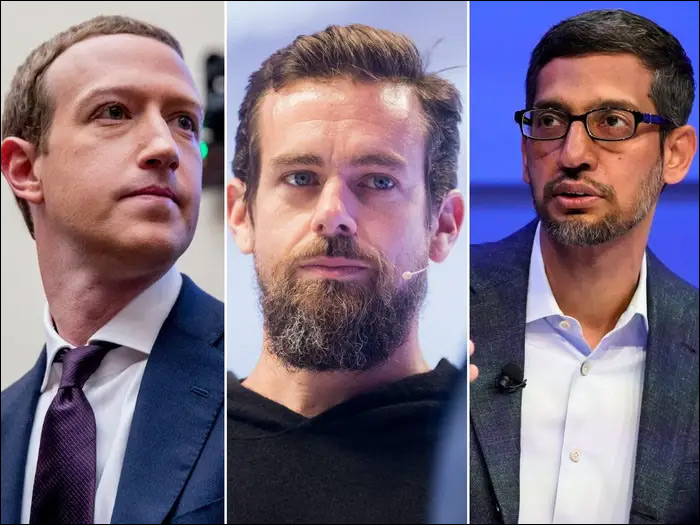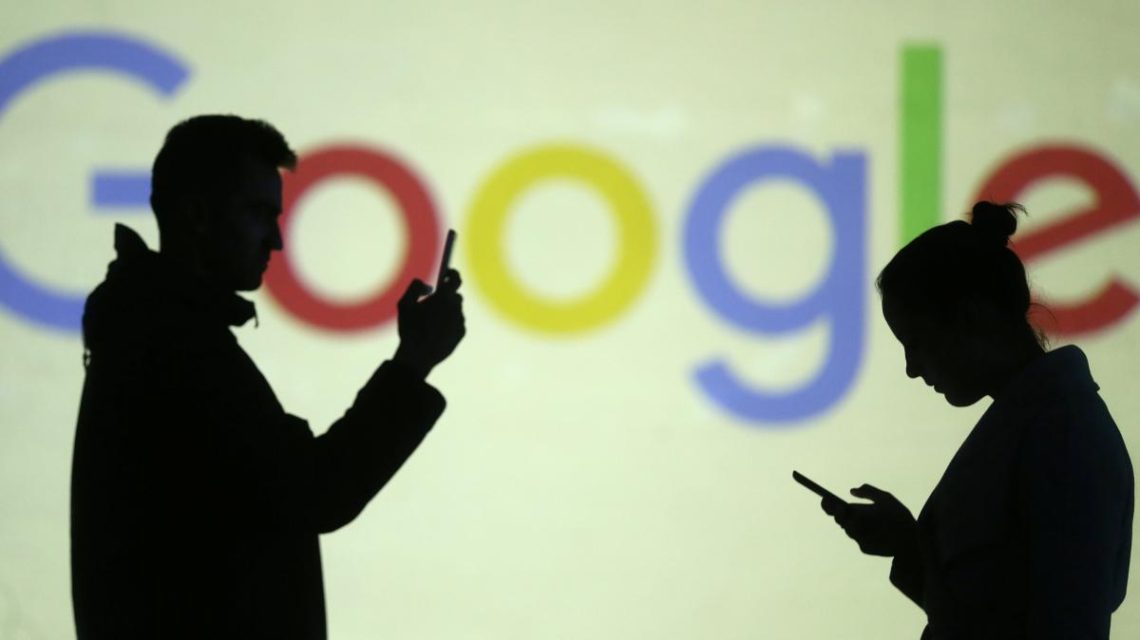Yesterday I read an excellent article by George Packer where he says, among other things, the following:
“We’ll need to help kids restore at least part of their crushed attention spans. If remote learning taught parents anything, it was that staring at a screen for hours is a heavy depressant, especially for teenagers. One day, and I hope soon, the masters of social media will stand before Congress with their hands raised in the manner of the Big Tobacco bosses, and try to deny what they’ve long known about the damage their products can inflict on human minds, especially young minds. After these hearings lead to belated regulation of web advertising and toxic algorithms, we’ll look back on the amount of time we let our children spend online with the same horror that we now feel about earlier generations of adults who hooked their kids on smoking.”
George Packer “The Grown-Ups Are Losing It”
Is Packer’s judgment on “the masters of social media” too harsh? Contemporary society has rewards them with billions and billions of dollars for their successful business models. But do their business add to society, or detract from them? Or both?

Mark Zuckerberg of Facebook, Jack Dorsey from Twitter, and Sundar Pichai
Of course such strong denunciations of the “tech titans” can be seen as exaggerated and unfair. The smartphone – or the Internet collectively, or social media individually – is merely a tool. How you use that tool can vary as much as one person from another. You could use your iPhone to learn the latest TikTok dance move, or to read the Odyssey for free online. One choice might be healthy and enriching, the other not so much.
Rapidly changing technology undoubtedly affects almost all aspects of our lives. It touches everything.
As a citizen, I reflect on how it might influence my country for good and for ill. As a teacher, I talk about this with my students. There is much to process in these complicated conversations.
But it is as a parent that I really care.
I moderate and limit how much and how my two daughters use their iPhones. But still I worry. I can see clearly how the technology is designed to be addictive and manipulative. The technology affects adults as well, but younger people are more vulnerable to its effects. The deterioration in the mental health of young people lines up pretty closely with the time when smartphones became ubiquitous.
Do we have any idea on the long-term effects of carrying a minicomputer in your pocket? Not really. Is there reason to worry? Absolutely.
I saw a real change in my high school students around 2010 when the smartphone began to be carried on the person 24/7. Students started to grow up slower: they dated less, got their drivers license later, had less well-developed people skills, shorter attention spans. It was hard getting them to put their phones away and focus on learning. Political conversations deteriorated into more of the “flame war” intolerance one sees on social media. Anxiety and depression measurably increased. Loneliness and isolation increased. Was technology the primary cause of this decline in the happiness and resilience of young people? Look at the below video clip –
Are The “Masters of Social Media” Pedaling Products They Know Are Toxic?
I cannot do much about this in the aggregate culture-wide.
But I can change it under my own roof with my own family.
Or can I?
Can I take away the digital tools which are so important in the lives of my daughters?
No. Not really. Unless we want to start living like the Amish.
And I kind of do like tending more towards an Amish-lifestyle. I pay pretty close attention to how I use technology. I try to be intentional. I seek to use my time on important goals, not waste it with trivia and froth, both offline and online. The collective hive-mind and “fake, brittle popularity” of social media in seeking “attention extraction” is mostly directed at the young and vulnerable. In contrast, I am almost 55-years old. I am far from the target audience for the emotionally manipulative “dopamine-rush” tactics which Big Tech uses to make money off its users. I’m too old. I know only the rudimentaries about TikTok or SnapChat or Instagram or any of that. Some years ago I aged out of youth pop culture online. I’m not really in it.
But my older daughter is kind of in it.
And my younger daughter is really in it.
So therefore I care.
The online social media lifestyle – accelerated by the hours and hours of computer screen time during “online learning” in the coronaviruses pandemic quarantines – has sunk its teeth into younger people even more than in the past, alas.
I am confused by technology and youth culture. There is a lot going on. The negative and the positive. A world in which my daughters need technology just to get by and fit in, but where hopefully then can use the technology for positive ends in learning and growth, not be used by it for others to make money off them. Dear reader, I ask you this question: Do you use your iPhone? Or does it use you? It is a question everyone should ask themselves.
This is my hope: that I would be present enough in the lives of my daughters so as to outweigh the influence of Instagram influencers, TikTok youth fads, and YouTube algorithms.
I wrote seventeen months ago that Google was killing me in my attempts to limits its influence in my home during the height of the pandemic. Am I any more confident about this dialectic almost two years later?
I think I am. I suspect that if I am continually with my daughters as we read the books, watch the movies, play the soccer games, enjoy the tennis matches, celebrate the birthdays, work through the disagreements – if I listen to their concerns and opinions, and be present for the good, the bad, and the ugly over the years – I can help my daughters to grow up healthy and happy. That is the hope.
Am I hopelessly naïve that I can outweigh the tech titans and the influence of technology on my daughters with my love and attention? The powers of Big Tech are manifold and enormous, but so is my love and commitment as a father.
But my daughters have two committed parents at home looking out for them. That helps. Those kids who don’t have much interaction with their parents are precisely the ones who fill that void with digital interaction. This is a huge problem. A parent might be deployed by the military overseas. A single-parent might be overwhelmed and unavailable. Another parent might be struggling with their own mental health or a drug addiction – or be in prison, or have just plain abandoned their family. Or they work 80 hours a week running a corporation. The result is the same: the parent is not present. And I have always thought this: if a parent is not constantly present in the lives of their children and helps to impart their values to their offspring, others will fill that vital role. In short: If you don’t raise your kids, someone else will. Or something. Like YouTube. Or Twitter. Or some extreme political movement. Or a cult.
Or maybe all the above combine to result in some highly dysfunctional and toxic person who finds herself nowhere near anywhere which can be called auspicious or well-adjusted.
I sort of wish my daughters had grown up before social media and ubiquitous technology.
But they didn’t.
Nevertheless, I have faith in my daughters. I have faith in myself as a father.
It will work out.
Or at least I hope so.







